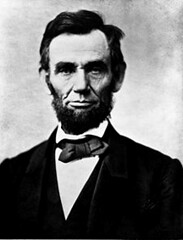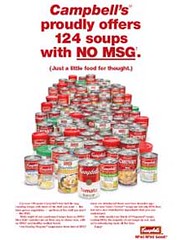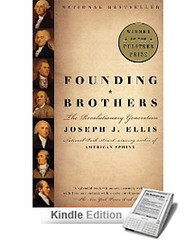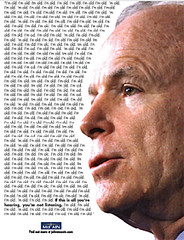
Today is Nevada Day, but most Nevadans barely know it.
Nevada was the 36th state and admitted to the Union on Oct. 31, 1864, rushed in by President Abraham Lincoln during the American Civil War. It became a state only eight days prior to the presidential election to help ensure Lincoln's reelection on Nov. 8. The only real reminder for some citizens is the phrase "Battle Born," which resides above a single star on our state flag.
Although I'm a native of Wisconsin, my family relocated here after a major airlines moved my stepfather to help open its first route to Las Vegas in the late 1970s. Perhaps it was my Midwest sensibilities or maybe being raised a good part of my life by grandparents, but one little bit of culture shock that still remains with me is the apparent lack of attachment to the state by a large percentage of our population.
What Eclipses Nevada Day?
The most obvious is Halloween. It's even more prevalent today since the population exploded from 250,000 people in southern Nevada in 1980 to about 2 million today; most kids relate to having the day off in celebration of Halloween. (To be fair, northern Nevada has a much better sense of things).
The pitfalls of a democracy. In 1997, voters advised the 1999 legislature they wanted to celebrate Nevada Day on the "last" Friday in October beginning in 2000. However, the few mini celebrations in southern Nevada occur on Saturday. It's more confusing than ever.
The proximity to Election Day. Since Nevada is a battleground state for the presidential election, some celebrations might be trumped by get out the vote efforts.
Why Bother With Nevada Day?
According to Las Vegas Sun, state admission is no big deal to post about. They report Nevada is one of the few states to celebrate its entrance into the Union, and then simply direct people to celebrate by voting on Nov. 4. If that's true, maybe that's something that states could reconsider.
Every four years, voters take an interest in elections because of the one office that probably impacts them the least. This isn't to say voting for President isn't important, but rather a nod to the notion that we don't pay close enough attention to local or state races, where our votes directly impact our daily lives. It's also the reason that other than the occasional communication issue post, I'm mostly quiet about the national races.
You see, unless you are a pundit, personal branding and political posts don't mesh well, which is why I haven't shared too much on the state races in Nevada despite the fact that dishonest campaigning has reached historic proportions. Likewise, all I can say about national campaign messaging is that neither side deserves congratulations.
While the election is still a few days away, most people recognize that Sen. John McCain's campaign has consistently missed the communication mark, that the media has been overwhelmingly quiet on some issues (such as the unfair investigation of Samuel "Joe the Plumber" Wurzelbacher), and that Sen. Barack Obama was named Marketer of the Year.
However, winning Marketer of the Year is not necessarily a feather in the cap of the candidate, in my opinion. Sometimes he spins too much, including his joke the other day in an attempt to dismiss his previous comments on redistributing wealth.
"Y'know, I don't know when they decided they wanted to make a virtue out of selfishness," said Sen. Barack Obama. "Y'know, the next thing I know, they're gonna find evidence of my communistic tendencies because I shared my toys in kindergarten — cause I split my peanut butter and jelly sandwich with my friend in sixth grade."
No matter who you vote for in the upcoming election, framing up tax increases in this manner concerns me because wealth redistribution is not the same as a charitable contribution. When government "pre-collects" contributions, it denies people the opportunity to be selfless and distances them from the direct contributions they make to worthwhile causes every day.
In other words, if Sen. Obama really did split his peanut butter and jelly sandwich with a friend in sixth grade, it might be admirable. But if someone took three quarters of his sandwich, ate half of it, and then stole that selflessness by dividing the rest among three strangers, then all it accomplishes is leaving everyone, except the distributor, largely undernourished.
Yeah, it's Nevada Day. And for all the challenges our state faces, it reminds me why I'm glad we're part of the United States and not the United State or why there are still a few people in this republic who recognize that two foxes will vote to eat the one sheep in a democracy.




















